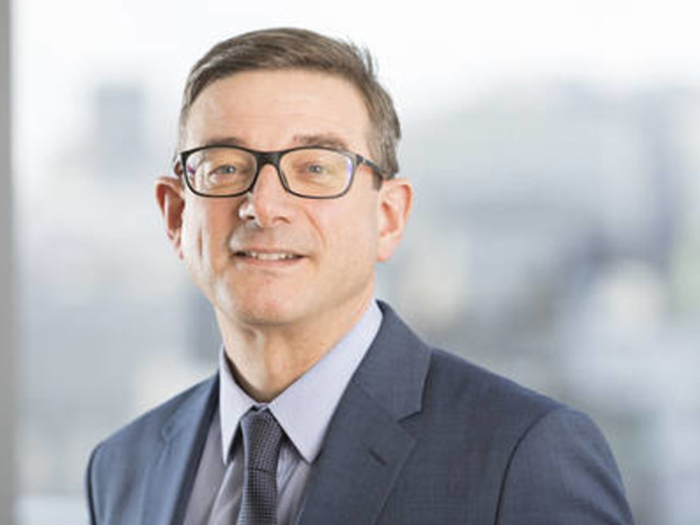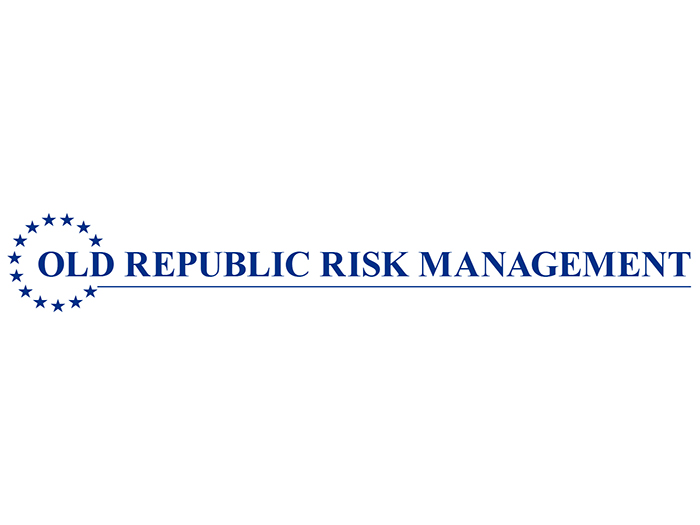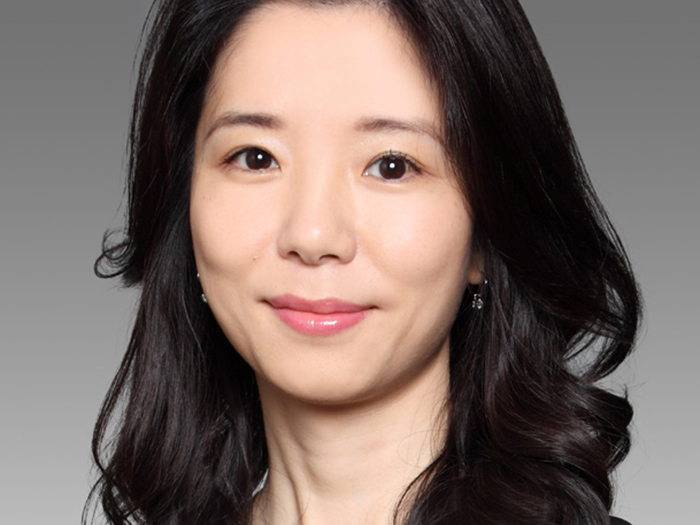ESG, Talent and the Marine Industry: What IUMI’s New President Will Focus On

Frédéric Denèfle, managing director of French marine war risks specialist Garex, was elected the new president of the International Union of Marine Insurance (IUMI) at that organization’s annual meeting September 18-21 in Chicago.
The previous president, Richard Turner, completed his four-year term.
Denèfle has 34 years of insurance industry experience. He started in legal claim handling, first with Paris-based Reunion Européenne and then with the French market organization CESAM. He joined AGF MAT/Allianz Group in 1998 and worked there until 2012. He started at Garex in 2013.
Denèfle’s history with IUMI is extensive, having served on the executive committee since 2018. Before then, he was chair of the legal and liability technical committee from 2015. IUMI is an association of associations, representing 44 national and marine market insurance and reinsurance trade groups.
“The past four years have been extremely active,” said Denèfle, crediting his immediate predecessor with keeping several important initiatives active despite pandemic upheavals and dislocations.
“Some of those initiatives have not been easy, such as the environmental, social and governance [ESG] efforts, as well as data analytics,” Denèfle said.
“The past few years were a particularly difficult time to have any new targets or goals because of COVID. On top of that, the usual IUMI topics were advanced. And a new claims database was developed. That was remarkable in getting member organizations to share information.”
Given all of that, Denèfle said with a smile, “this is no time to say ‘I’m coming in with all new targets and new directions.’ My priority will be on continuity. That means showing more results for the existing initiatives, providing clearer direction on ESG, and supporting more robust data gathering and analytics.”
Looking to the Future
Just as with steering a ship, steady-on does not mean any less effort or focus.
“IUMI cannot sit on its hands,” said Denèfle.
“We have to be more efficient, and there are so many new subjects to be addressed. We have to evaluate if we can drive them or can we merge them with things we are already doing. There are so many new questions marine underwriters and their insureds have about logistics. We have to keep up with those.”
Within that, Denèfle did give a nod to a modest new effort: “We would like to have a better exchange with the P&I [protection and indemnity] clubs. They have data and experience with claims that would be of benefit to all.”
Broadening his focus to the marine insurance sector, Denèfle noted, “We need to reinvigorate and adapt the way we do business. We need to attract new talent and make sure that they will with marine insurance. We also need to be sure all the new people understand what IUMI is, what we do, what they can do, and how to benefit.”
A Focus on Talent
Marine insurers and organizations have to understand those coming into the business as well, Denèfle stressed.
“We have had a lot of retirements and consolidation within the industry, and there are lots of new people coming in and coming up. We have a very attractive business, and what we do is interesting. All the new people will change how we work.”
The newcomers bring new tools and ways of thinking and working, Denèfle explained.
“Many of them are comfortable with paperless and remote work. That is part of the deal now, and we can’t go back to the old ways. It’s just not sustainable.”
Denèfle’s approach was underscored by no less an authority than Pat Ryan — founder and former chairman and chief executive officer of Aon and now founder, chairman and CEO of Ryan Specialty — in his keynote address to the plenary opening session of the IUMI annual meeting.
He said, “The smartest person in the room often gets tripped by what they don’t know. You have to have the courage to get out of your comfort zone and get ahead of where you think change is going.”
To underscore his own point, Ryan quoted hockey legend Wayne Gretzky, the top scorer of all time: “I skate to where the puck is going, not where it is.”
As part of its own evolution, IUMI has added the position of vice president. Kosuke Hashimoto, recently vice chair of IUMI’s executive committee and general manager of marine underwriting at Tokio Marine & Nichido Fire Insurance, has elected to take that new role.
“That is someone to act as a lieutenant, share the work and to ensure continuity,” Denèfle explained. “It is not an automatic succession. It is that we have so much more activity as an organization that it makes sense to spread the load.”
ESG in All We Do
One continuing theme of IUMI work has been advancing and supporting high ESG standards, a challenge for any multi-national industry.
Several speakers throughout the conference noted the complexity of constantly shifting regulatory and legal requirements, especially sanctions. Insurers and financial institutions were lauded for going beyond the minimum legal obligations, especially in ending dealings with Russia after the invasion of Ukraine.
That theme was echoed by Rear Admiral Wayne R. Arguin Jr., of the U.S. Coast Guard. He is assistant commandant for prevention policy, and is responsible for the development of national policy, standards and programs promoting marine safety, security and environmental stewardship.
Proudly noting that the Coast Guard had just named Admiral Linda L. Fagan as commandant, the first female service chief in the U.S., Arguin stressed that the Coast Guard would be enforcing workplace and safety standards energetically.
“Mariner physical mental health and wellbeing are essential to safety,” said Arguin. “That absolutely includes working conditions and potential for harassment and discrimination. A mariner cannot be focused on the safety and security of operations if she or he is focused on other concerns.”
More broadly Arguin added, “Standards provide the floor, not the ceiling. Anyone who says that their organization is meeting the minimum international standards is missing the point. If you are only willing to accept the minimum standard then you are also accepting the minimum level of risk management.” &










